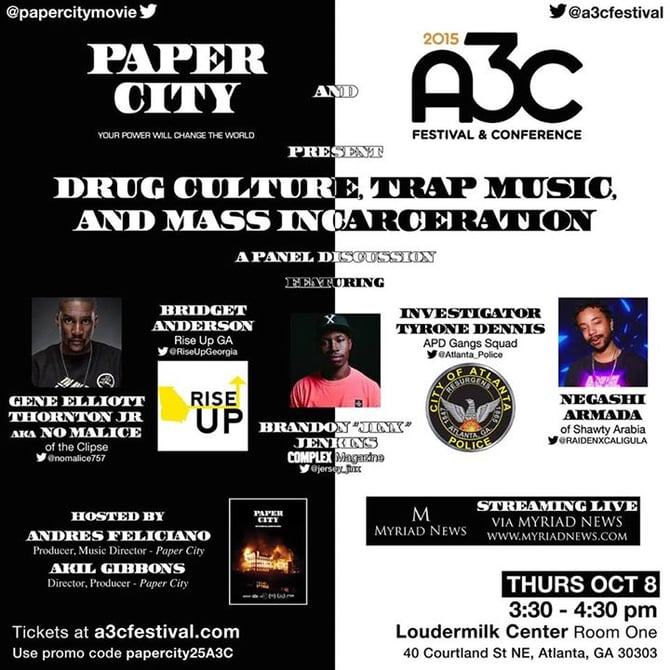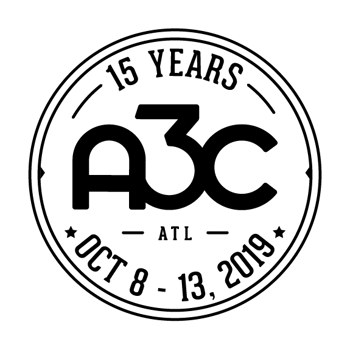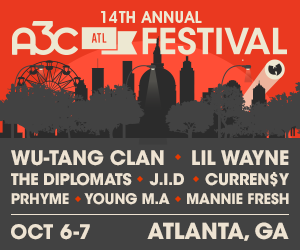
Although it may be premature to say, this could have been one of the most slept on sessions of the conference. Ironically enough, who sleeps on the trap? Paper City, a two-man team comprised of Andrés Feliciano and Akil Gibbons, hosted an informative session around one of hip-hop’s biggest content sources and also one of its biggest problems. Paper City, Investigator Tyrone Dennis, Gene “No Malice” Thornton Jr., Bridget Anderson, and Brandon “Jinx” Jenkins shared views on the poisonous trinity, its origin and the potential solution.
Drug culture and mass incarceration are two things that have been prevalent in America for years extensively beyond hip-hop. But, not until the rise of hip-hop, and specifically the rise of “trap music”, did the points connect to form one of urban America’s biggest problems.
Feliciano would open the floor with a series of staggering statistics about the number of minorities in jail due to drug related charges and share more throughout the hour. For example, Feliciano revealed that of the 80 billion dollars connected to the prison business, half of it is virtually wasted because 50 percent of inmates return to jail primarily due to drug charges. “In order for private prisons to keep money, they have to keep heads in the prison,” said Anderson when speaking of mass incarceration and the under-handed business behind it.
No Malice, a former member of The Clipse shared his story of how he got in to trap music saying that he had been rapping since age six, grew up with family and friends in the drug game so when he came in to the game around age 15 records had to be made and that’s was the product. The downside of that type of product, he would go on to note, is that “as an artist you get to tell the story, but the kid that listens to that is going to suffer in one way or another [in attempts to pursue a similar life].”
Brandon “Jinx” Jenkins, of Complex, shared that “the internet democratized the conversation” in terms of trap music blending across coasts when Feliciano asked the panel about the origin of trap music. The panel noted that around the same time, roughly 2004, the internet and its connection with breaking in new artists helped those like Jeezy, T.I. and The Clipse spread the drug-infused raps they are known for.
One of the many quotable lines from the session came from Investigator Dennis when asked about the potential solution for the cultural cycle of drugs, music and jail. “We have to begin to change kids. Most people here are probably doing something positive, but are you giving it back?”
For more information on drug culture and mass incarceration, follow Paper City and give their short documentary a view.


